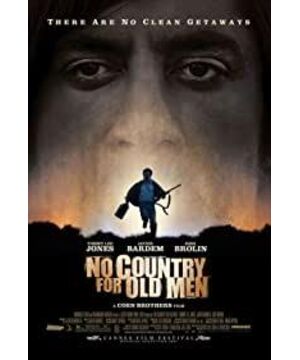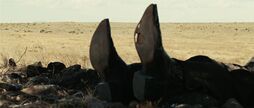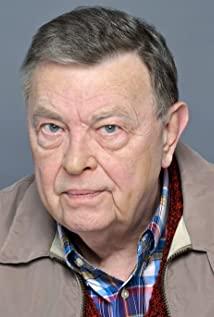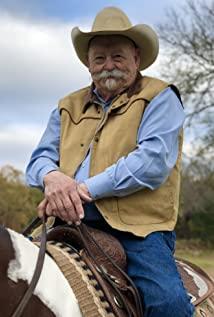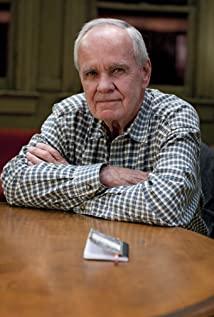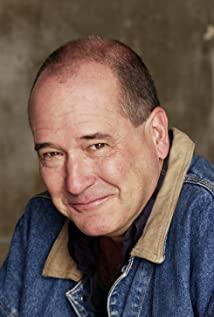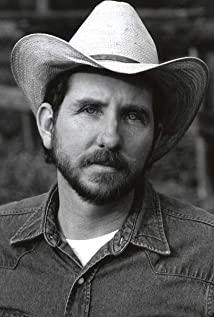This is an introduction to the original work. Without this background, the movie basically cannot understand the deep meaning, and I don't know what the movie name means.
===================================================== =============
In the United States in 1980, the Reagan administration had just come to power, and a large amount of wealth that was enough to buy the entire country had been accumulated. The hippie movement, which flourished in the 1960s and 1970s, has faded, leaving almost no trace other than a general fascination with drugs. A modern crime wave fueled by drug profits has ruthlessly washed away the nation's last moral vestiges, the vast U.S.-Mexico border, a motel hunter, a hitman hired by a drug dealer, and just $2.4 million. Belonging is a life-and-death struggle. The aging sheriff, exhausted from investigating drug crimes and murders, keeps reminiscing about the past and trying to understand a new world where the methods and motives of crimes are increasingly confusing. The country they once had is long in tatters. "Everything is a sign and a miracle, but they don't tell you how the world is going to be like this. They don't tell you what the world is going to be like"; everything is predestined from the moment capital starts to accumulate, everyone Running towards his own destiny; nothing can be turned around. Unlike traditional crime fiction, McCarthy is concerned not with how justice as defined by humans works, but with how a ruthless time will rule us. He pointed the gun at the deepest and darkest core of the American Dream: the spoils of looting will always be ours; history allows us to come clean. And the so-called fate is the judgment and justice that time imposes on everyone in the name of history - "Every step you take is eternal. You can't make it disappear at all. Not one step." "That's not A kingdom of old men. Young men in each other's arms; birds in the trees—the dying generations—singing their own songs." Cormac McCarthy used Yeats' verse as the title, in the In the Wasteland of No Country for Old Men, everyone is forced to face the same question: how does one decide in what order to gradually turn their backs on one's life?
View more about No Country for Old Men reviews


